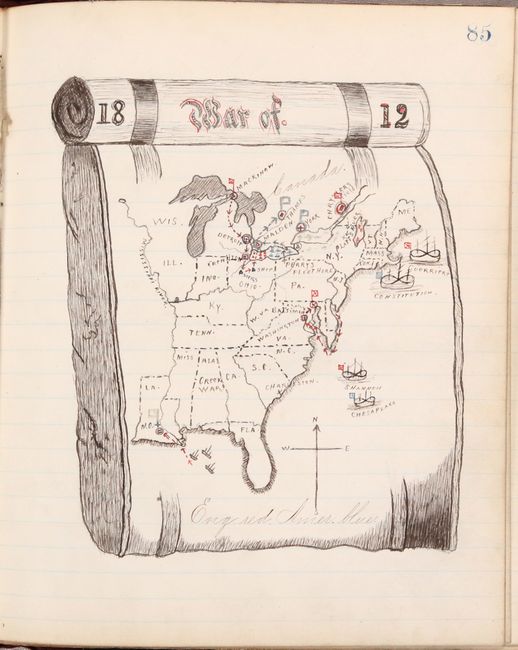

Have a lot of challenging vocabulary forcing you to constantly refer to a dictionary–you may get bogged down in doing that and miss the main points the author is presenting.Contain language that is relatively straightforward–some challenging vocabulary would be all right because you can critique this.Be from a newspaper (print or online) because these are often biased.Be from a website because this makes it difficult for citations and referencing.Be from an academic source/journal–even though you may use an academic database to find your article, you may come across non-academic sources.Be on a topic on which you have no opinion or background information.It is better if it is something you react to strongly (positively or negatively) because it is easier to generate ideas of what to critique when you have more of an emotional response. Table 7.1 Source Selection Criteria It should: While your next assignment stems around the one source you choose, you will need to look for other sources on the same topic in case you need them for background or supporting information or to even present opposing points of view.įor the critique you are required to write for your next assignment, the original source you will base your critical response on needs to meet the criteria outlined in Table 7.1: Source Selection Criteria. However, just as with any other essay, you may need to bring in supplemental sources to support the ideas you present in your discussion. Simply stated, then, a critique is typically a discussion centred around one primary source.

However, you first need to choose a topic that you will then narrow in your search for an appropriate academic article to critique. Soon you will learn more about critiquing, but at this stage, it is important to know this is the key difference between a critique and a research paper because it will have an impact your choice of base and supplemental sources. A critique, on the other hand, focuses on one source of information. Most essays focus on a topic–one you have narrowed down–and require a number of sources to back up the points or ideas. How Choosing a Source for a Critique is Different For a description of the critique requirements, refer to the Assessment Descriptions as part of the course overview in your syllabus.
OUTDATED ATLAS INITIALS HOW TO
In the next chapter, you will learn more about the details of what makes a critique and how to write one.

Identify and apply the criteria for finding an academic journal article to critique.If you have not found an article yet or discover the one you chose does not fit the parameters, the content below will help you find one that is both interesting and fits the parameters for your next essay. Also, you will need to apply the information in section 7.1: Choosing a Source to confirm whether the source you have chosen is appropriate. If you have, you still should apply the material in this chapter as you may discover an article you would prefer to use. You may have already come across an academic journal article you would like to be the basis for your critique. You have already explored different topics you find interesting when coming up with a topic for your expository essay, and while the content of this chapter is relevant to conducting any type of research, consider the connection to finding a suitable academic article for your critique. You will also explore different resources available to you where you can search to find supporting evidence because you cannot always rely on basic Internet searches to help you find the best support available. Before we begin that, we need to further examine how important it is to choose correct sources as supporting evidence for ideas. In the next chapter, you will have the opportunity to expand on the examples given and apply your own information and ideas to develop your critical essay. Also, this chapter will help you finalize the selection of your article for your critique. In this chapter, we will begin to l0ok at being more critical: not only with the sources we choose but also in how we compose our ideas. Before now, we have looked at using expository essay forms as ways to construct essays.


 0 kommentar(er)
0 kommentar(er)
